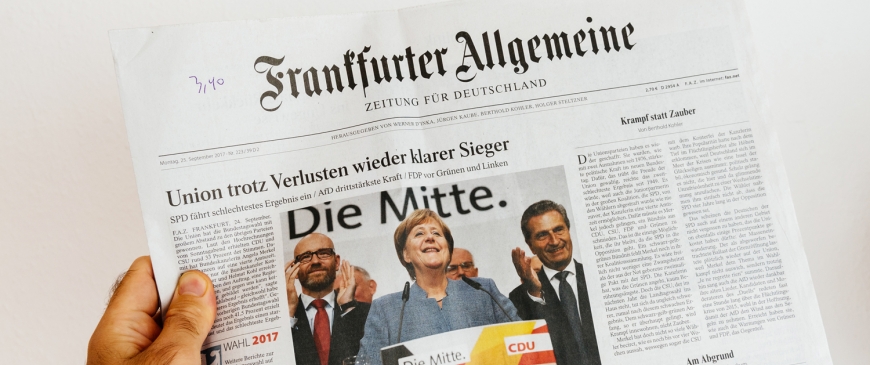
Judy Asks: What next for Europe after the German election?
It was always optimistic to assume that any German government would agree to further integration of the eurozone, along the lines of Emmanuel Macron’s earlier ideas of a large eurozone budget with common debt issuing capacity, or stronger commitment from surplus countries like Germany to spend. Despite her conciliatory tone, Angela Merkel would not have agreed to it, and it remains unclear how much the Social Democratic Party would have pushed for it.
This is why the fear of the Free Democrats (FDP) in the likely “Jamaica” coalition is overblown. But it is true that to show voters how they have made a difference, the FDP will aim to protect its reputation as the guardian of German economic orthodoxy. The end result will be, at most, a face-saving deal for Macron that will not make a difference economically.
How Germany spends its budget surplus is more important for Europe’s economy. The divisions in the next coalition will be deep, so papering over them with money will be one way to ensure a stable government. But how the European Central Bank (ECB) reacts is key. If the ECB tightens policy in return, leading to higher long-term interest rates and a stronger euro, the eurozone will gain very little from a German fiscal boost.
Christian Odendahl is chief economist at the Centre for European Reform.
You can read the full article here.
